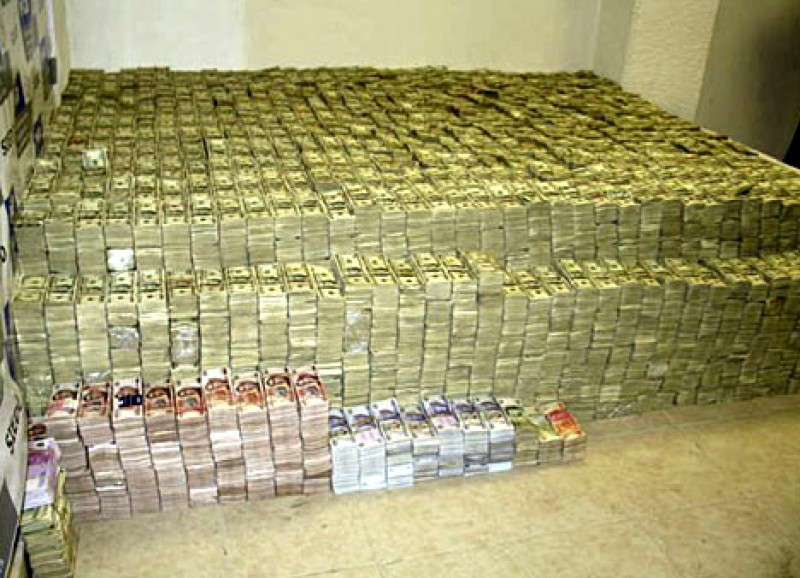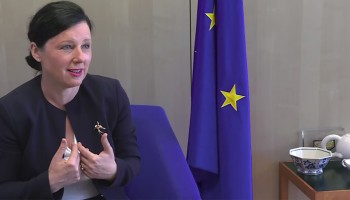Researched and written by GFI Chief Economist Dev Kar and GFI Junior Economist Joseph Spanjers, the report used research from data on fake trade invoices and “leakages in balance of payments”, defined as speculative capital flows from one country to another to profit from changing interest rates.
Faking trade invoices “is the primary and measurable means for shifting funds out of developing countries illicitly,” the report says, accounting for an average of 83 percent of fraudulent transactions tracked during the decade covered by the study.
According to the report, in the past decade the developing world has lost US$ 7.8 trillion to fraud, theft and money laundering which has increased at an average of 6.5 percent yearly to add up to about 4 percent of the developing world’s GDP.
Raymond Baker, GFI’s president, says that more than $800 billion is fraudulently drained out of developing countries every year. Stopping even some of that “would have a catalytic impact on a government’s ability to address the needs of its most vulnerable people,” he said.
The three hardest-hit countries were China, averaging US$ 139.23 billion; followed by Russia, with US$ 104.98 billion; and Mexico with US$ 52.84 billion.
In addition to Russia, the list includes other countries reported on by OCCRP and its partners such as Kazakhstan (US$ 16.74 billion), Ukraine (US$ 11.68 billion) and Azerbaijan (US$ 9.50 billion).
The report urged policymakers to boost customs enforcement, establish public registries of ownership information, and compel multinational companies to publicly disclose full account information on a country-by-country basis.
Existing rules, the authors said, make it too easy for criminals to move money around while avoiding detection.
Christine Clough, GFI’s program manager, said some efforts have been made to increase financial transparency. The Organization for Economic Co-operation and Development “is moving towards automatic exchange of tax information across borders, but data privacy requirements may make it very difficult for developing countries to join this effort, and countries still have to sign bilateral treaties,” she said.
The UK, Norway, Finland, Denmark, and the EU are also all making progress, she said. While fraudulent activities have grown for 9 of the past 10 years, only dropping after the onset of the 2008 financial crisis, Spanjers told OCCRP, “there are many external factors that could influence whether (they) will rise or fall in the future, such as economic growth in developing countries.”






